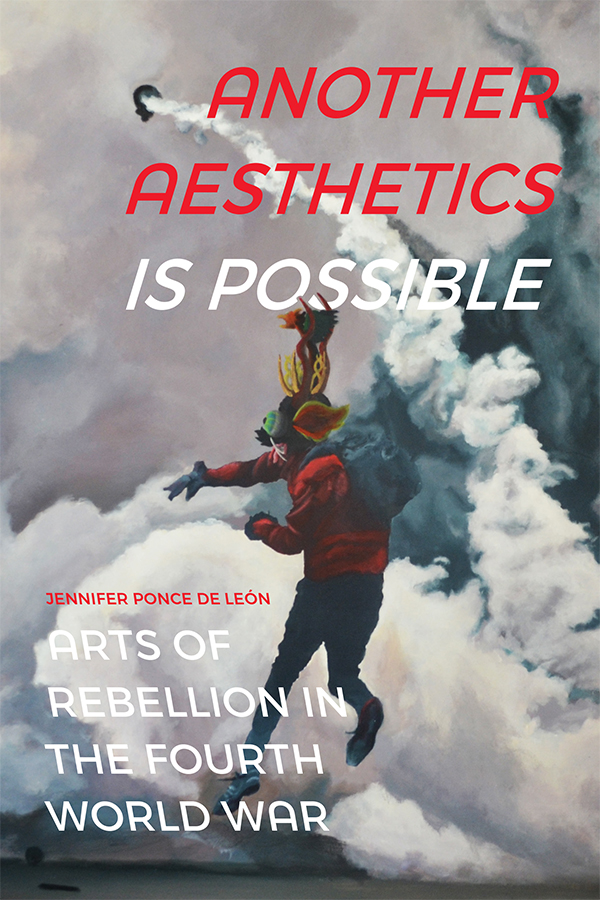In Another Aesthetics is Possible, Jennifer Ponce de León looks at recent aesthetic practices in Argentina, Mexico, and the United States that shift the commonsense of history, space, and violence in order to usher in an anticapitalist and anticolonial world. With an expansive archive and a method that combines interviews, journalism, and close formal readings of art–activist practices, Ponce de León demonstrates the importance of aesthetics—and of aesthetic criticism—for making another world possible.
Keyword: gaming
Review of Atari Age: The Emergence of Video Games in America by Michael Z. Newman (MIT Press)
Newman examines the early period of video games in America when arcades and game rooms emerged in suburban malls around the country, televisions became ‘entertainment centers,’ and computers and game consoles were one in the same. As an introduction to the politics and economics of early home video games, Atari Age is a good starting point for readers looking to familiarize themselves with the foundational actors and social contexts surrounding the industry in the 1970s and early 1980s.
Money as Medium, Speculation and Scrypt
Although they intervened on a culture of financialization in two very different ways, both Speculation and scrypt explore the intersection of money with the history of media, imperialism, colonialism, and computation. If capitalism is a kind of computer, a difference engine propagating vectors of exchange, these projects attempted to reprogram its operations. Apart from exploring the homology between money, language, computation, and philosophies of abstraction, Speculation and scrypt engage in collaborative practices that interrupt forms of classroom pedagogy based around the concept of the neoliberal individual (and neoliberal university). When money is pursued not for profit, but play, and when money is transformed from a medium of exchange to a medium for artistic practice, these two moneygames make invisible hands visible.
Cultural Studies Should Gamify
I’ve created GamifytheCSA.org, an experiment in gamifying the academic conference. Gamifying the CSA will enhance serious play in discourse and practice and expand the scope of the conference, with models in business and social networking with programs such as FourSquare, and extending to health and fitness, with programs such as Zombies, Run!, and the list goes on.

